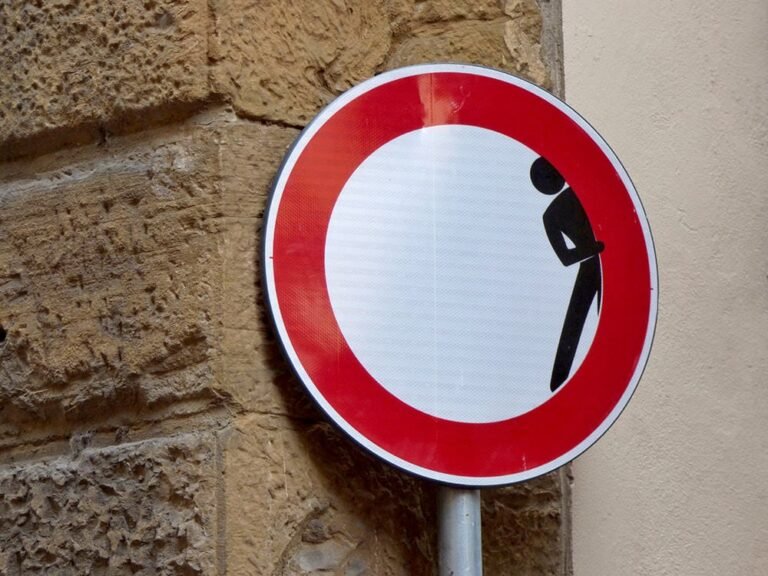avoir
The second most frequently used verb in French is “avoir,” which means “to have.” It can also be used to talk about how old someone is. “Avoir” is an essential verb to know.
- Je (I) – ai Ex: J’ai un chat. (I have a cat.)
- Tu (You, singular informal) – as Ex: Tu as une voiture. (You have a car.)
- Il/Elle/On (He/She/One) – a Ex: Il a un livre. (He has a book.)
- Nous (We) – avons Ex: Nous avons une maison. (We have a house.)
- Vous (You, plural or formal) – avez Ex: Vous avez un chien. (You have a dog.)
- Ils/Elles (They) – ont Ex: Ils ont un vélo. (They have a bike.)
“Avoir” is also used to express age. For instance:
- J’ai vingt ans. (I am twenty years old.)
- Tu as trente ans. (You are thirty years old.)
- Il a quarante ans. (He is forty years old.)






